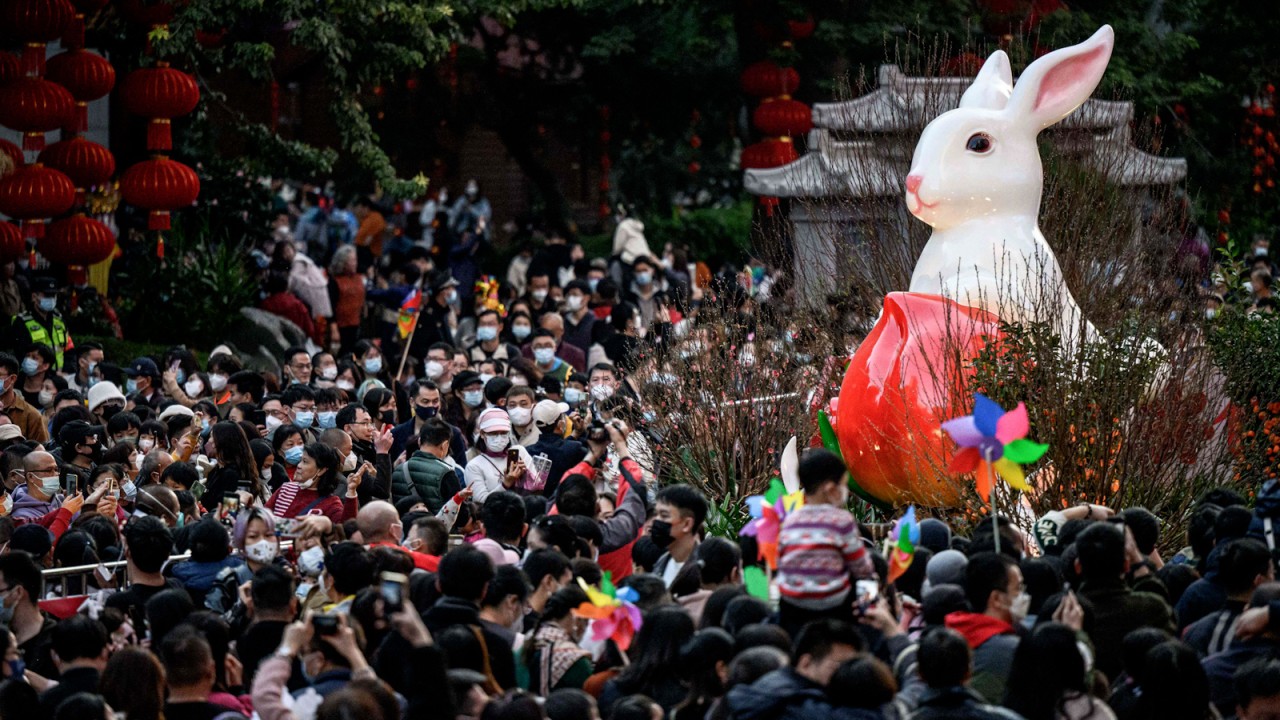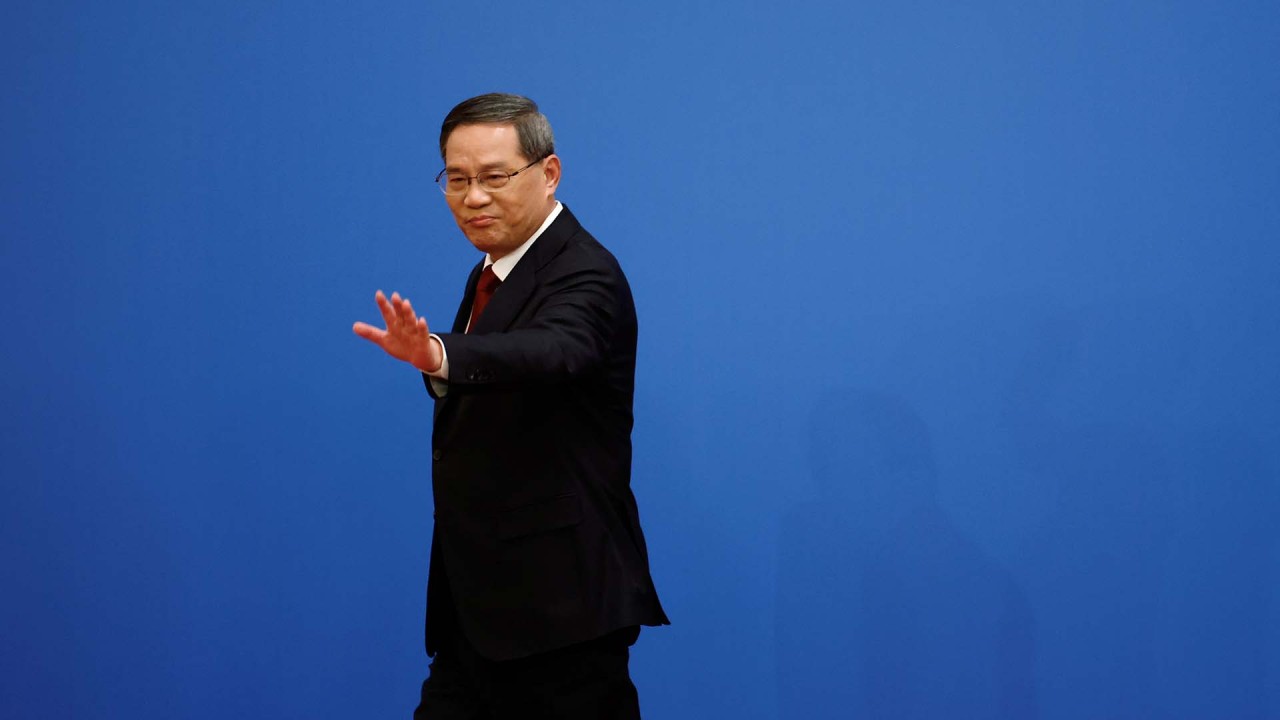
China’s consumer recovery still dubious as nearly 60 per cent of households prefer to save
- China’s central bank says that 58 per cent urban residents were in favour of saving more than spending in the first quarter
- Residents who said they were inclined to spend more increased 0.5 percentage points from the previous quarter to 23.2 per cent
Most Chinese households still prefer to save than spend, new central bank data shows, a blow to government efforts to revive consumption after dropping hardline Covid restrictions late last year.
Lingering concerns about jobs and income continue to be the primary reasons for the caution, the People’s Bank of China (PBOC) said in a quarterly survey of 20,000 depositors released on Monday.
It found that 58 per cent urban residents were in favour of having more deposits in the first quarter, down 3.8 percentage points from the fourth quarter of last year.
Residents who said they were inclined to “spend more” increased 0.5 percentage points from the previous quarter to 23.2 per cent. About 18.8 per cent of people said they would “invest more”, up 3.3 percentage points from the final quarter of 2022.
China’s economy has been slowly recovering in the aftermath of zero-Covid restrictions and outbreaks, but consumption remains a weak link.
Beijing has prioritised reviving consumer spending, which accounted for only about a third of economic growth last year, versus half from investment.
“China’s economy is on track to recover this year after its removal of Covid restrictions,” said Standard & Poors Global Ratings last week. “Mobility and business confidence have picked up. However, the recovery could face setbacks from subdued domestic consumption and weak external demand.”
The PBOC’s Income Sentiment Index, which measures depositors’ current income, rose 6.9 percentage points from a quarter earlier to 50.7 per cent.
However, 69.7 per cent of residents said their income was “basically unchanged”, an increase of 3.8 percentage points from the previous quarter, while 14.5 per cent of the residents said that their income had “decreased”, a decline of 8.8 percentage points from the fourth quarter.
From status symbol to disrupter: charting China’s mobile phone boom
Only 15.9 per cent of respondents saw their income rise in the first three months of the year, up 5 percentage points from the final three months of 2022, the PBOC said.
The survey’s Employment Sentiment index for the first quarter was 39.9 per cent, 6.8 percentage points up from the previous quarter.
However, just 13.2 per cent of the residents believed that the job market had “improved and it’s easy to find jobs”.
Some 41.2 per cent of survey respondents said the job market was “grim and finding a job is difficult”, or “it’s hard to know”, while 45.6 per cent said they thought the job market was “average”.
Xu Xingfeng, director of the department of market operation and consumption promotion under the Ministry of Commerce, said on Monday that the consumer market is showing a “steady recovery trend”.
“Since the start of the year, we have been speeding up the implementation of various policies and measures to promote consumption, organise and carry out a variety of activities to promote consumption, and focus on restoring and expanding consumption,” Xu said, adding that the Chinese government will “optimise the market supply structure” to support domestic demand.
Despite the rebound of the tourism, civil aviation, catering and hospitality sectors, China’s car sales, which account for about 10 per cent of the national retail sales, remain weak.
The China Automobile Dealers Association (CADA) said on Monday that more than 90 per cent of car dealers did not meet their sales target in the first quarter, leading to a sharp rise in the inventory and rising operating pressure.
CADA’s demand index in March 2023 was 68.2 out of 100, lower than February’s 73.3 and the trade body expected demand to shrink in April, citing an ongoing price war among dealers and soft demand for cars, among other reasons.



